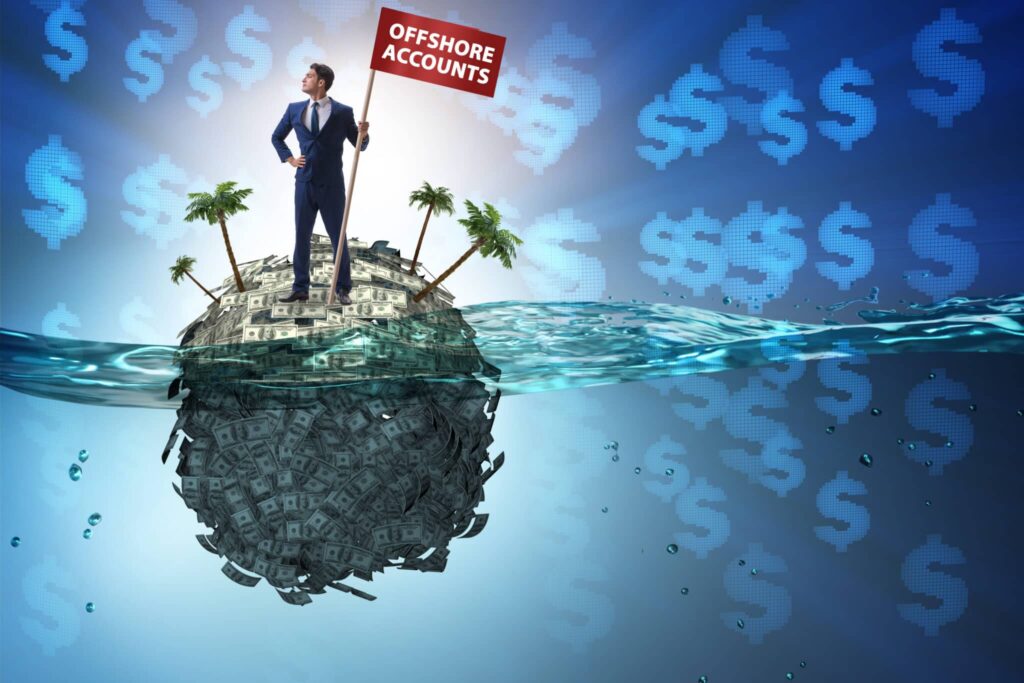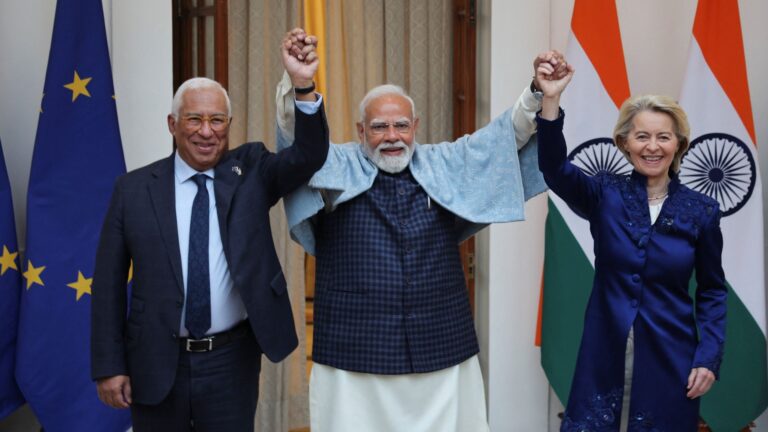
Ever wondered what offshore accounts really are? Or where exactly these mysterious “offshore” places are that people in movies stash their money in?It turns out, they are very real and they are not always far away tropical hideouts. Microstates i.e. small countries like the Cayman Islands, Liechtenstein, Bermuda, and the British Virgin Islands have built their economies around offering these offshore financial services.Though they may lack large populations, land, or natural resources, these micro states have become powerful players in the global financial system. Their secret? Offshore finance is a system that allows foreign individuals and companies to legally store or manage money in places with low taxes and strong privacy laws.
From Small Shores to Financial Strongholds
In the 1960s and 70s, many microstates began transforming into financial hubs. Lacking oil, manufacturing, or major exports, they turned to finance to survive. They offered what larger economies couldn’t, low taxes, light regulation, and strong privacy.
The Cayman Islands now hosts nearly half of the world’s hedge funds, making it a key player in global investment. Bermuda developed the captive insurance model, allowing companies to create their own insurance firms in a tax-friendly setting. These tiny countries manage financial flows far larger than their own economies.
Why Offshore Finance Works in MicroStates
There are several reasons why small countries are so appealing to foreign investors and multinational corporations.
- Low or No Taxes: Many of these places do not charge corporate tax or capital gains tax. This means individuals and companies can save large amounts of money by registering their assets or businesses there.
- Strong Financial Secrecy: These jurisdictions have strict confidentiality laws that protect the identity of account holders, making them attractive for those seeking discretion.
- Quick Legal Changes: Because these countries are small, their governments can pass new laws faster and tailor them to stay competitive in the global finance race.
- Political Neutrality: Many of these microstates avoid involvement in major global conflicts. This gives them a reputation for stability and makes them appealing to investors who prefer to avoid the risks that come with geopolitics.
In short, they offer a mix of privacy, flexibility, and predictability that draws in money from around the world.
The Role These Microstates Play in the Global Economy
While the real business often takes place elsewhere, offshore financial centres (OFC) serve as legal homes for investment funds, insurance companies, and other financial instruments. These structures can help reduce tax burdens or simplify global operations.

The British Virgin Islands and Cayman Islands are top choices for setting up shell companies. These firms often exist only on paper. Yet, they help manage assets, enable global investments, or sometimes hide money from scrutiny.
Some centres, like the Cayman Islands, have strong legal and financial systems that support real economic activity. Others act mainly as booking hubs. They record transactions for tax or legal purposes, even if the actual business happens elsewhere.
Controversy and Global Pressure

The rise of offshore finance has not gone unnoticed. Many governments and organizations, especially in the West, accuse these microstates of helping the rich and powerful avoid taxes or hide illegal funds. Leaks like the Panama Papers and Pandora Papers exposed how offshore structures were used for everything from hiding political kickbacks to stashing away family wealth. These were massive leaks of confidential financial documents. The files came from law firms and offshore service providers that help people set up offshore accounts and shell companies.
Since the late 1990s, global institutions such as the OECD and the European Union have pushed for more transparency. They want microstates to share information about account holders and stop enabling shady practices. Some offshore centres have complied by reforming their laws, while others have resisted, arguing that they are being unfairly targeted.
Despite this pressure, many of the top offshore finance hubs have not only survived but thrived. Instead of fading away, they adapted their models, modernized their services, and continued to attract foreign capital.
A System That Continues to Thrive
Even today, the appeal of microstates in offshore finance remains strong. Their ability to adapt quickly, create favorable policies, and offer financial privacy keeps them relevant. They are now deeply embedded in the machinery of global finance, serving as gateways for trillions of dollars in legal and, at times, controversial financial activity.
In an era where size often signals power, these tiny states prove that strategy, not scale, can be the true driver of influence.
For more such informative articles , checkout theWorldtimes



